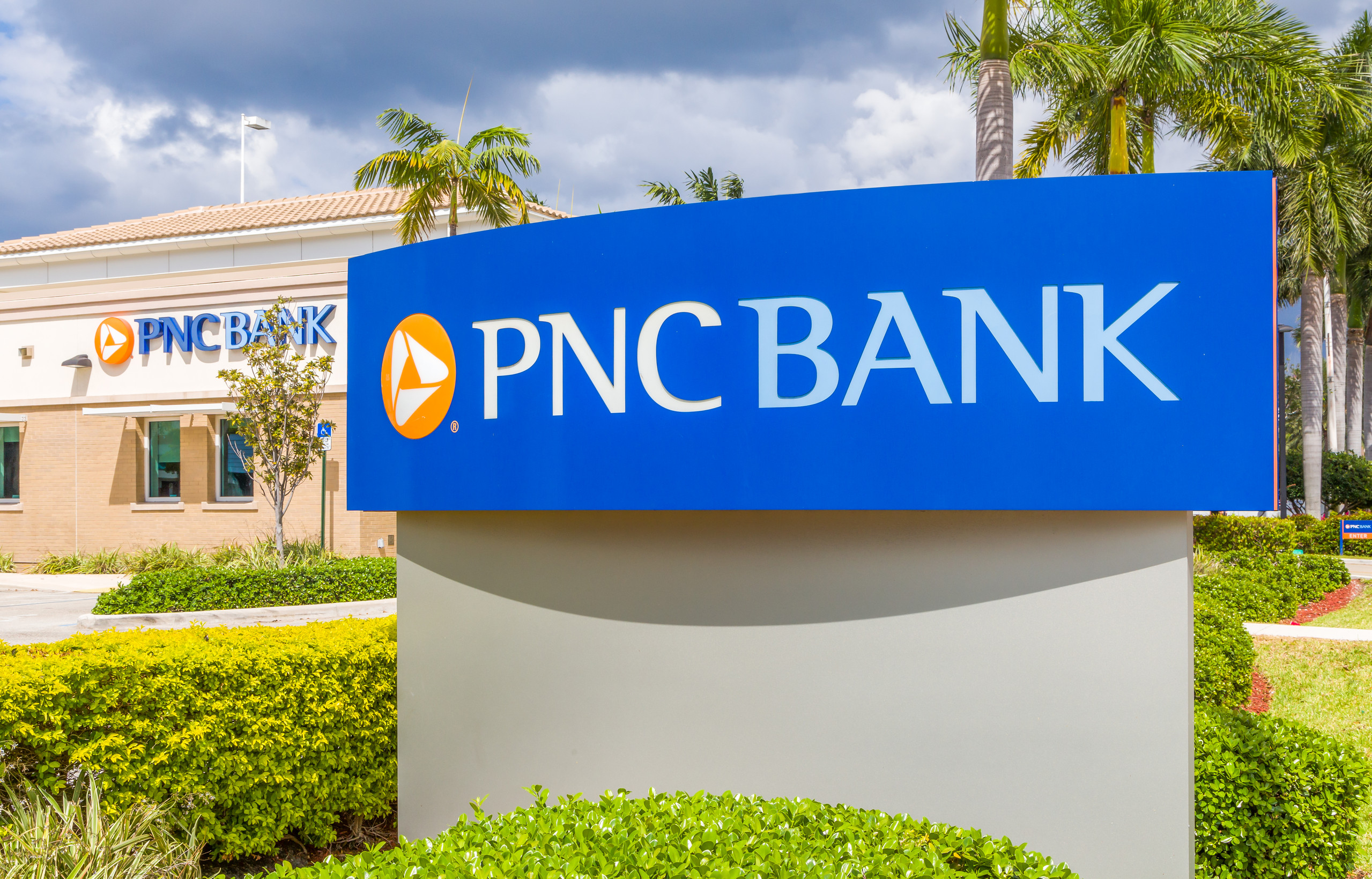The PNC Financial Services Group, Inc. (NYSE: PNC) reported strong financial results for the fourth quarter of 2024, with net income reaching $1.6 billion and diluted earnings per share (EPS) of $3.77.
This marks an increase from the previous quarter’s net income of $1.5 billion and EPS of $3.49. The company achieved positive operating leverage, evidenced by a $135 million increase in total revenue from the third quarter, totaling $5.6 billion.
This growth was driven by higher net interest income and noninterest income, with net interest income rising to $3.5 billion, a 3% increase from the previous quarter.PNC’s net interest margin improved to 2.75%, up 11 basis points from the third quarter. The bank’s average loans remained stable at $319.1 billion, while average deposits increased by $3.1 billion to $425.3 billion, reflecting growth in interest-bearing commercial deposits.
Noninterest income also saw an uptick, reaching $2.04 billion, a 1% increase from the previous quarter, driven by lower negative Visa derivative adjustments. The company’s noninterest expenses rose by 5% to $3.5 billion, primarily due to asset impairments related to technology investments and increased marketing spend.
Despite these higher expenses, PNC maintained a strong capital position, with a common equity Tier 1 capital ratio of 10.5%, up from 10.3% in the third quarter. The bank also declared a quarterly cash dividend of $1.60 per share, demonstrating its commitment to returning capital to shareholders.
PNC Exceeds Market Expectations with Fourth Quarter Results
PNC’s fourth-quarter performance exceeded market expectations, with its EPS of $3.77 surpassing the anticipated $3.3. The bank’s total revenue of $5.6 billion also outperformed the expected $5.48 billion, highlighting its robust financial health.
Despite the challenging economic environment, this strong performance can be attributed to strategic initiatives that enhanced net interest income and noninterest income. The bank’s ability to grow net interest income by 3% from the previous quarter significantly contributed to its outperformance. This growth was driven by lower funding costs and favorable repricing of fixed-rate assets, which helped offset the decline in fee income from elevated third-quarter residential mortgage and capital markets activity.
The reduced provision for credit losses from $243 million in the third quarter to $156 million in the fourth quarter contributed to the improved net income. PNC’s capital strength was further reinforced by its Basel III common equity Tier 1 capital ratio of 10.5%, which exceeded regulatory requirements. The bank’s strategic focus on maintaining a disciplined approach to expenses and enhancing its capital levels has positioned it well to navigate future economic uncertainties.
![]()
![]()
Join our Telegram group and never miss a breaking digital asset story.
PNC Remains Optimistic About its Growth Prospects in 2025
Looking ahead, PNC remains optimistic about its growth prospects in 2025. The bank’s leadership has expressed confidence in its ability to capitalize on emerging opportunities and continue delivering value to stakeholders. PNC plans to maintain its focus on growing its customer base and deepening relationships, which are expected to drive sustainable revenue growth.
The bank’s strategic initiatives, including investments in technology and marketing, are anticipated to support its long-term growth objectives. PNC’s management has indicated that these investments will enhance operational efficiency and customer experience, positioning the bank to capture market share in key segments. The bank’s robust capital position also enables it to pursue strategic acquisitions and expand its footprint in high-growth areas.
PNC has outlined expectations for continued economic expansion in 2025, albeit slower than in 2024. The bank anticipates that high interest rates will remain a drag on the economy, leading to moderate consumer spending growth. However, PNC expects inflation to gradually ease, with potential federal funds rate cuts in the first half of 2025 providing some relief. The bank’s proactive approach to managing risk and capital and its strategic focus on growth position it well to navigate the evolving economic landscape.
PNC’s strategic focus on enhancing its product offerings and expanding its market presence has been a key driver of its strong performance. The bank has prioritized investments in technology to improve operational efficiency and customer experience, which are expected to yield long-term benefits. These initiatives are part of PNC’s broader strategy to differentiate itself in a competitive financial services landscape and capture new growth opportunities.
Disclaimer: The author does not hold or have a position in any securities discussed in the article. All stock prices were quoted at the time of writing.
About the author
Tim Fries is the cofounder of The Tokenist. He has a B. Sc. in Mechanical Engineering from the University of Michigan, and an MBA from the University of Chicago Booth School of Business. Tim served as a Senior Associate on the investment team at RW Baird’s US Private Equity division, and is also the co-founder of Protective Technologies Capital, an investment firm specializing in sensing, protection and control solutions.













